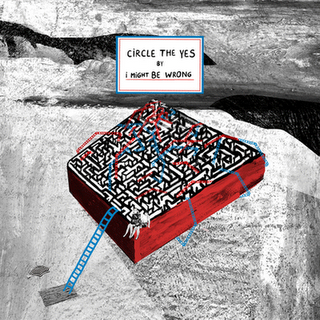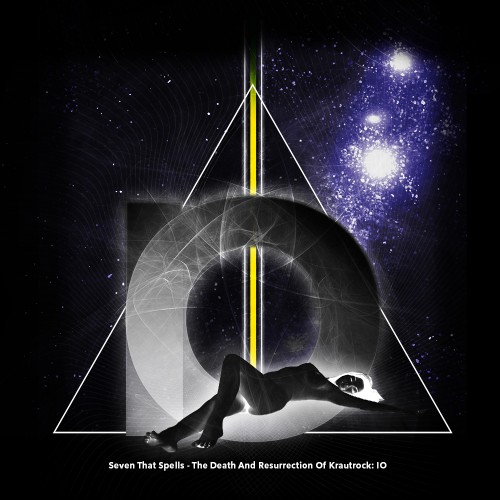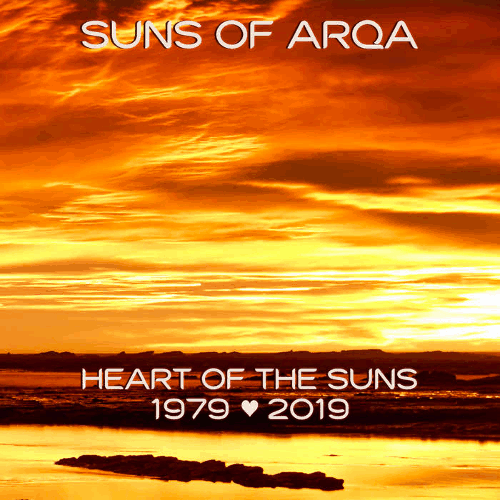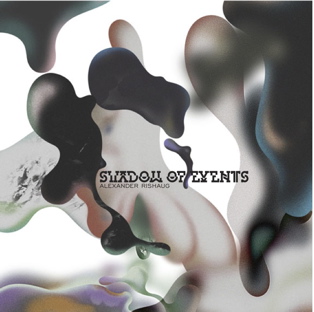The purple patch for composer and bass player Yosef Gutman continues with two more judiciously chosen collaborations released on his own Soul Song label.
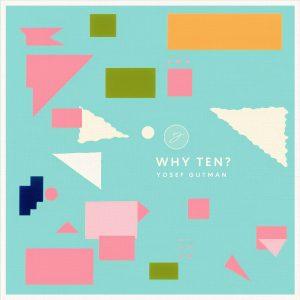 Clearly itching to release more music, guitarist Gilad Hekselman appears on Why Ten? They are joined by friend and long-time collaborator Gilad Ronen on reeds and Ofri Nehemya on percussion. For Unity, the sound is a little fuller as Yosef is not only joined by Itay Sher, also a guitarist, but by a chamber orchestra arranged by Ronen and although there are similarities in the recipes, the end results are very different.
Clearly itching to release more music, guitarist Gilad Hekselman appears on Why Ten? They are joined by friend and long-time collaborator Gilad Ronen on reeds and Ofri Nehemya on percussion. For Unity, the sound is a little fuller as Yosef is not only joined by Itay Sher, also a guitarist, but by a chamber orchestra arranged by Ronen and although there are similarities in the recipes, the end results are very different.
Why Ten? working in the guitar, bass, drums trio format is a dreamy, dusty delight. The guitar is reverbed and desolate while the percussion is subtle; propulsive yet scattered like so much sand. There is an indie rock sound to some of it, with the guitar chiming like bells, a lovely melancholy that hints at distortion in the distance. Meanwhile, Yosef’s bass maintains the middle ground. As a player, he is empathic, allowing his colleagues to reach out around him, the spotlight generally averted.
The trio format allows a certain psychedelic element which, allied to the drift of the sparse guitar and shuffling echo of percussion, can’t help but evoke the desert. Diaphanous melodies flutter and fall over the traps that crack the rims in anticipation. Yosef’s generosity in support with his sweet, minimal bass offers more space for both players and listeners. It is a light and airy set, mellow-paced and panoramic, the trio being so in tune that often the percussion is more textural than structural, the warm wash of cymbal shimmering; but there are also joyful moments when they bring the funk and over a hypnotic guitar riff, Gilad’s reeds smear some sultry jazz delight.
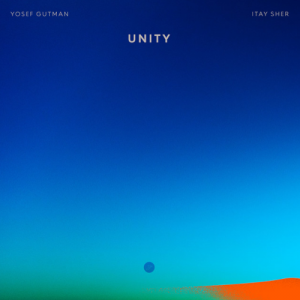 Comparatively, Unity is a fuller affair, its lively classical motifs sounding cheery yet worn; that lovely sensation of well-travelled fatigue at the end of a busy day.
Comparatively, Unity is a fuller affair, its lively classical motifs sounding cheery yet worn; that lovely sensation of well-travelled fatigue at the end of a busy day.
The orchestra backs the duo with subtlety and only highlight the positive nature of the pieces that swell and grow as they progress. A Spanish influence that recalls the melancholy of Ennio Morricone can be heard in places, but Itay’s delicate picking is exquisite and the shading of the acoustic nuzzles at the bass, so that when the orchestra drops away, the duo’s interplay with faint percussion is unveiled.
One section has a waltz-like feel where bass and cello intersect and retains an old-fashioned elegance that betrays an element of Western influence, but with unabashed joy. There is a tinge of melancholy at the start of side two, but the repetitive motion of the string backing is lovely. Nothing outstays its welcome and all is respectful and you feel that this is very much Yosef’s desire.
The two albums are delightful companions, very different to one another but always with that sense of respect which is inherent in Yosef’s work and a constant desire for discovery. It seems there is no holding him back and with such a series of collaborators and friends, we must have a lot more to expect.
-Mr Olivetti-
